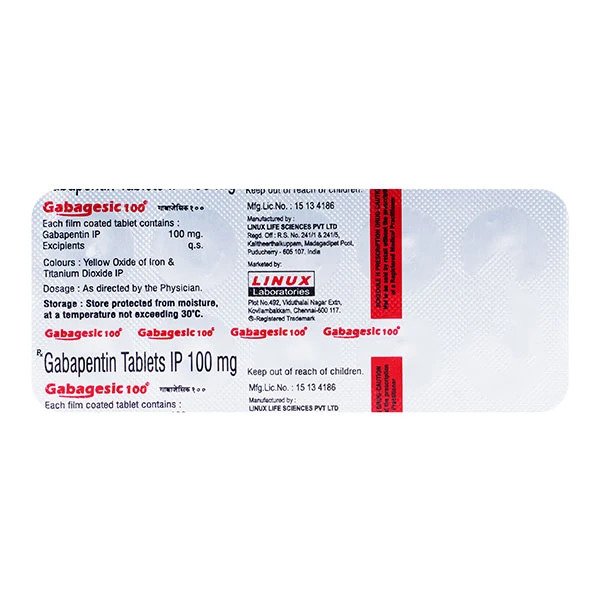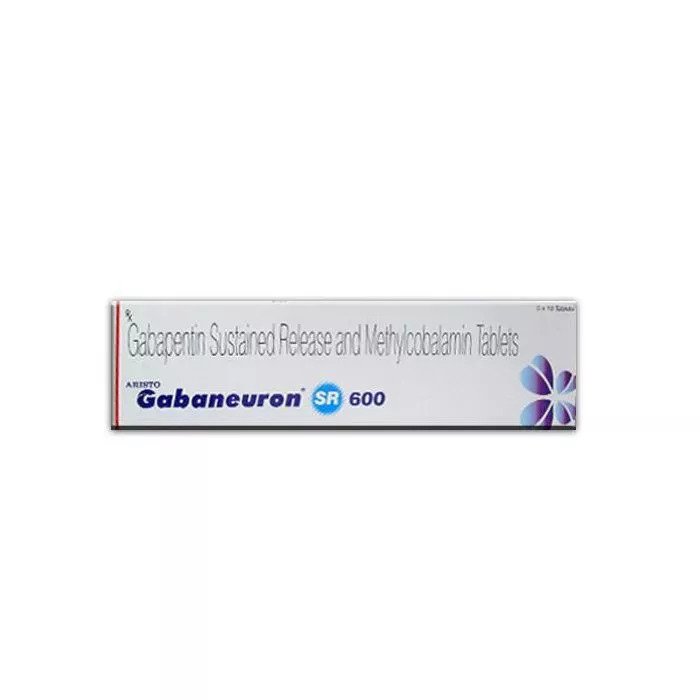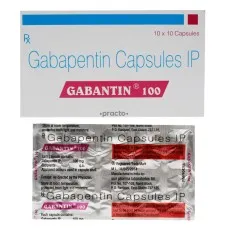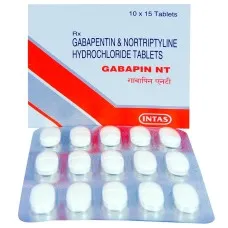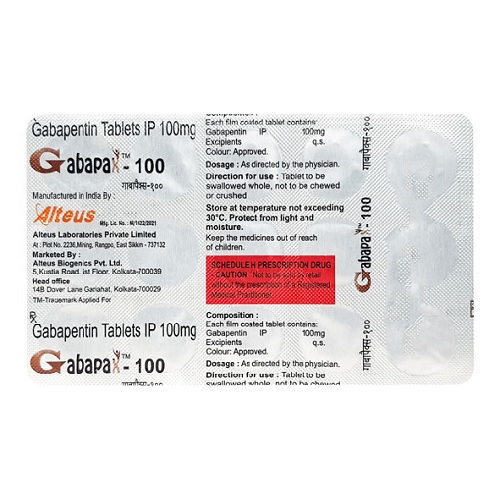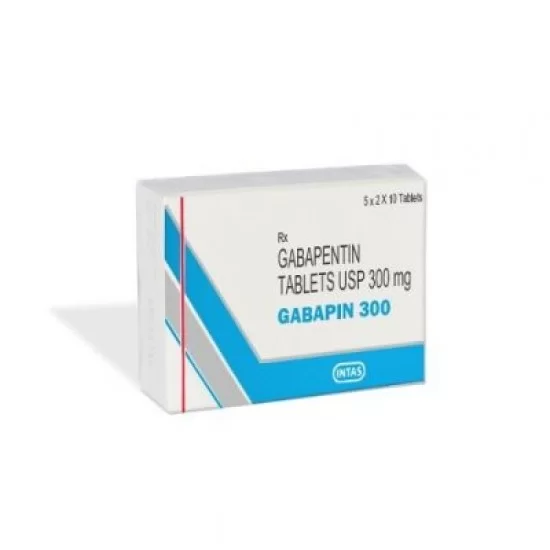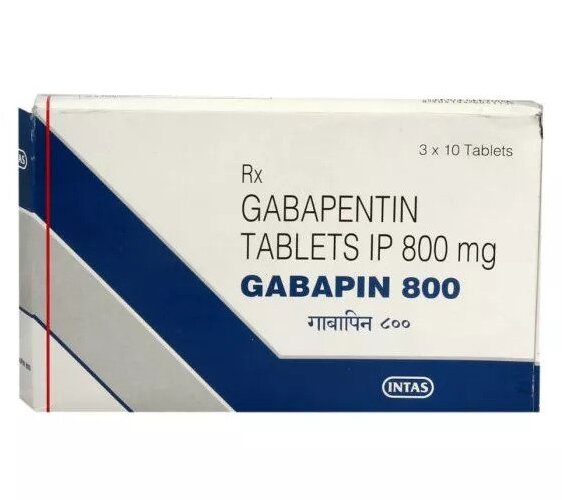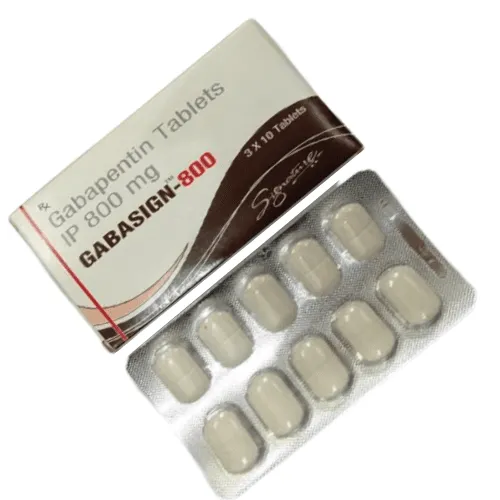Gabapentin
Gabapentin, often known by the brand name Neurontin, is a long-standing medicine used to treat a variety of neurological diseases.This page aims to shed light on the major characteristics of Gabapentin, including its mechanism of action, uses, and possible adverse effects.
Mechanism of Action:
Gabapentin works by altering the transmission of nerve impulses in the brain. It belongs to the anticonvulsant medication class, which was initially created to treat epileptic seizures. However, its value has expanded beyond its intended goal, with applications in a variety of neurological conditions.
FDA Approved Uses of Gabapentin:
Seizures: Especially effective for managing partial seizures.
Neuropathic Pain: A frequent treatment for diabetic neuropathy and postherpetic neuralgia.
Restless Legs Syndrome (RLS): Helping individuals who can’t stop moving their legs.
Fibromyalgia: In certain situations, it may help alleviate the extensive musculoskeletal discomfort associated with fibromyalgia.
Off-Label Uses of Gabapentin:
Gabapentin is sometimes prescribed for off-label applications by healthcare providers based on their clinical opinion. Among them, you could find solutions for postmenopausal women’s hot flashes, alcohol withdrawal, anxiety, mood problems, sleeplessness, and migraines.
Dosage and Administration:
One typical dose of gabapentin is 100 mg, while it is available in a range of strengths. It is very important to take the medication exactly as directed. Get medical help right away if you experience any of the signs of an overdose, including extreme sleepiness or double vision. The standard recommendation is to take the missing dosage as soon as it is remembered, without taking two doses at once.
Side Effects:
Gabapentin does not cause many negative effects, although it is not without them. Feeling sleepy and lightheaded are two common side effects. Rare yet serious adverse effects include life-threatening allergic responses. Notify your healthcare practitioner right away if you have any negative side effects.
Conclusion:
In neurological treatment, gabapentin (brand name: Neurontin) serves several purposes. It has been an invaluable resource for several patients due to its effectiveness in controlling neuropathic pain and seizures. A complex knowledge of its applications, possible adverse effects, and compliance with recommended instructions is necessary, however, as is the case with any medicine. For information that is particular to your health requirements, it is always best to speak with healthcare specialists.
Showing 1–35 of 47 results



